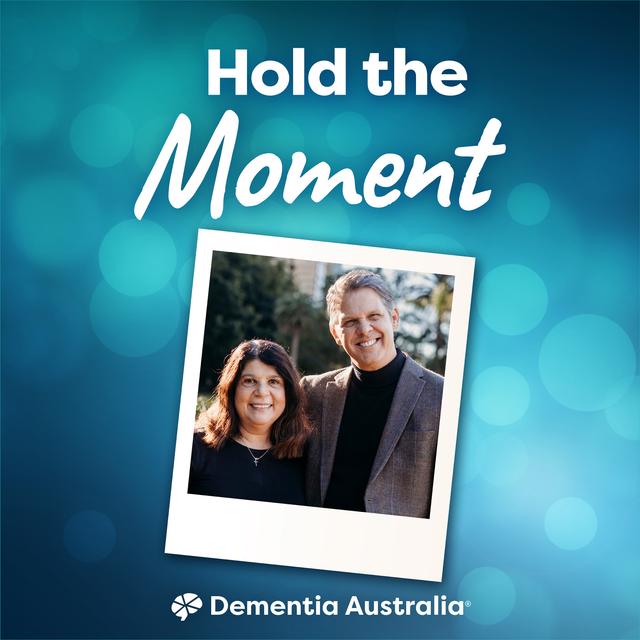- Receiving a dementia diagnosis can be one of the hardest and most overwhelming conversations you'll ever have, but it's also just the first step. I'm Jim Rogers. This is Hold the Moment, a podcast from Dementia Australia. We've got a whole episode which tackles the issue. It's free to download in your podcast app right now. Just ask a friend or family member for help to access it. This bonus episode is full of specific advice on dealing with diagnosis.
If you or someone you love has dementia, and you are not sure where to turn next, you can call the National Dementia Helpline and chat to an advisor. You can get advice on questions such as what to ask your GP, or how to actually tell your loved ones, "I have dementia". - I'm Kristen, an advisor on the National Dementia Helpline. When you call us, you'll speak to someone like me. We're available 24-hours a day, every day of the year.
We're a free service and you can talk about anything that's on your mind. Getting a diagnosis of dementia earlier means that you've got more access to the services and supports that can help you plan and enjoy your life.
If you notice some changes with your memory, or your perception, or your mood, and your wondering if it might be dementia, there's a checklist that Dementia Australia has that you could go through and have a look and see if the things that are listed there are things that you have also noticed changing for you. Some people find it helpful to fill out the checklist and take it with them to the GP.
If you are worried about changes to your cognition, and you're wondering if your memory's changing, there's an app that you can use called BrainTracker that lets you play a few games over time, and it will keep track of how you do on those games, and let you know if it's noticing any changes that would be worth talking to your GP about. It's free and easy to download. You can get the BrainTracker app from your app store.
You might have heard people say, "why even bother getting a diagnosis, there's nothing you can do anyway." That can feel a little bit helpless, and it's not exactly true. There are many things that you can do to live well with dementia, to slow down the progression, feel good, and have a bit of fun along the way. Talk to your GP, give the Dementia Helpline a call.
There are ways that you can live well with dementia After you've been given a diagnosis of dementia, you might wonder, "What does that mean? Who's going to help me with this? How do I find out more about living with dementia?" It's a great time to get in touch with Dementia Australia through the National Dementia Helpline to talk a bit about anything on your mind, questions you've got, worries you've got, and get connected to Dementia Australia's services.
We have a number of different programmes to match what your needs are, from living well with dementia, to getting connected to another person who's living with dementia to have a chat. If you're not sure how to start the conversation with your family and friends, there are resources and people who can help you start thinking through what you want to say to your loved ones.
Dementia Australia offers a number of services and programs, including the helpline, that you could get in touch with to help you start thinking about what's most important to share with your loved ones and how you want to say it. Sometimes, the hardest part is saying, "I have dementia." - If you've got any questions about anything you've heard on this episode, just contact the National Dementia Helpline on 1800 100 500. Their trained advisors are available 24-hours a day, every day of the year.

